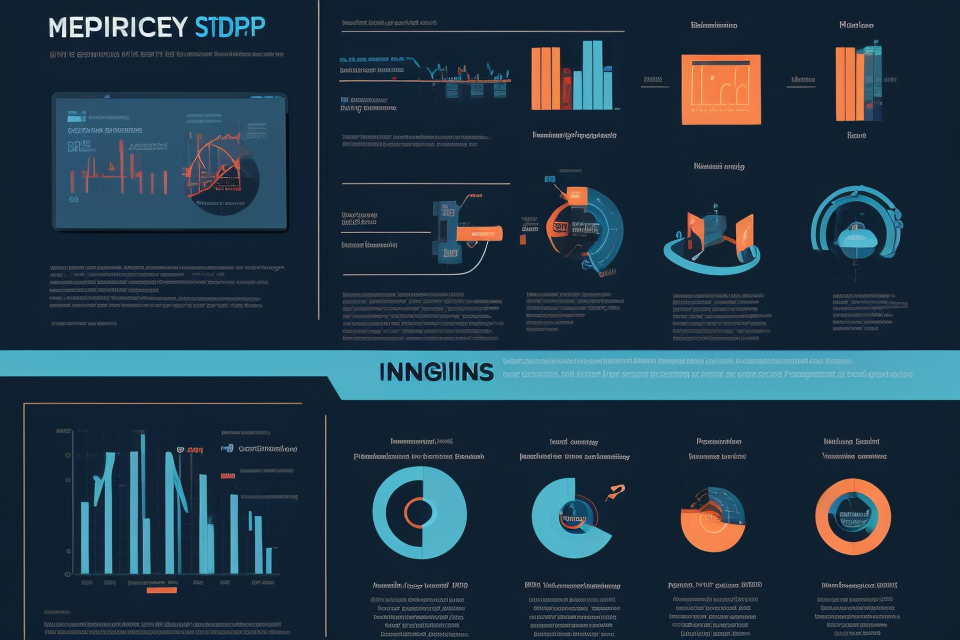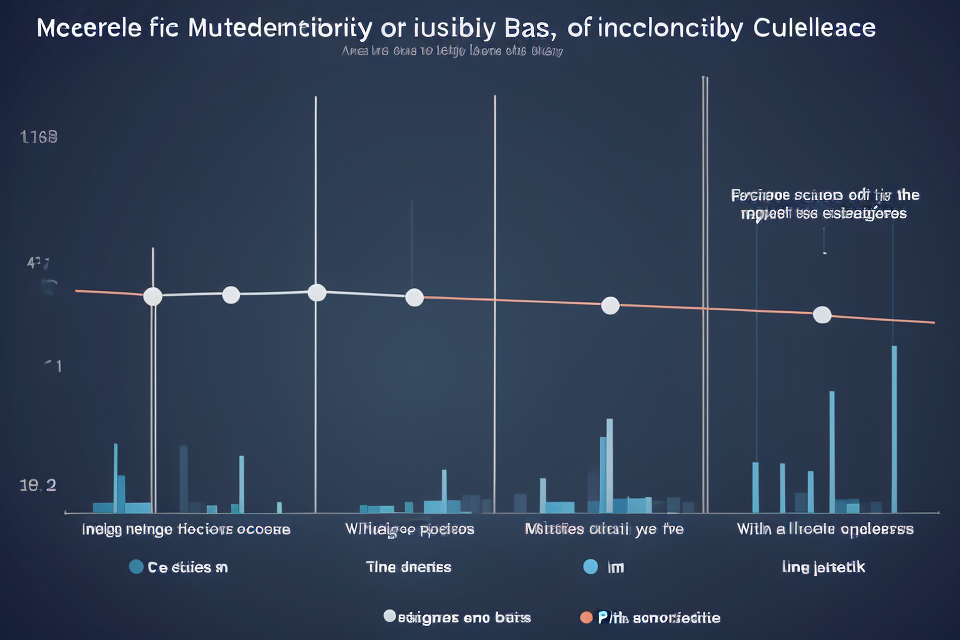The Importance of Model Accuracy in Data Science
Why Model Accuracy Matters in Machine Learning
The Impact of Inaccurate Models on Business and Industry
Understanding Model Accuracy: Metrics and Evaluation Techniques
Key takeaway: Model accuracy is crucial in data science, as it impacts business outcomes and decision-making. Improving model accuracy requires understanding evaluation techniques, addressing common causes of low accuracy, and leveraging advanced techniques and tools. Balancing model accuracy with ethical considerations is essential for responsible AI applications.
Common Evaluation Techniques for Model Accuracy
The Role of Cross-Validation in Model Accuracy
Common Causes of Low Model Accuracy and How to Address Them
Overfitting and Underfitting in Model Training
Dealing with Class Imbalance in Datasets
Handling Feature Scaling and Normalization Challenges
Improving Model Accuracy through Feature Engineering and Selection
Strategies for Feature Selection and Engineering
Balancing Model Complexity and Accuracy
Enhancing Model Accuracy with Advanced Techniques and Tools
Using Ensemble Methods to Improve Model Accuracy
Exploring Neural Networks and Deep Learning for Model Accuracy
Achieving Model Accuracy in Real-World Applications and Industries
Case Studies of Model Accuracy in Practice
Model Accuracy in Industry-Specific Applications
Balancing Model Accuracy with Ethical Considerations
Resources for Further Learning and Improvement
FAQs



